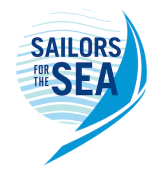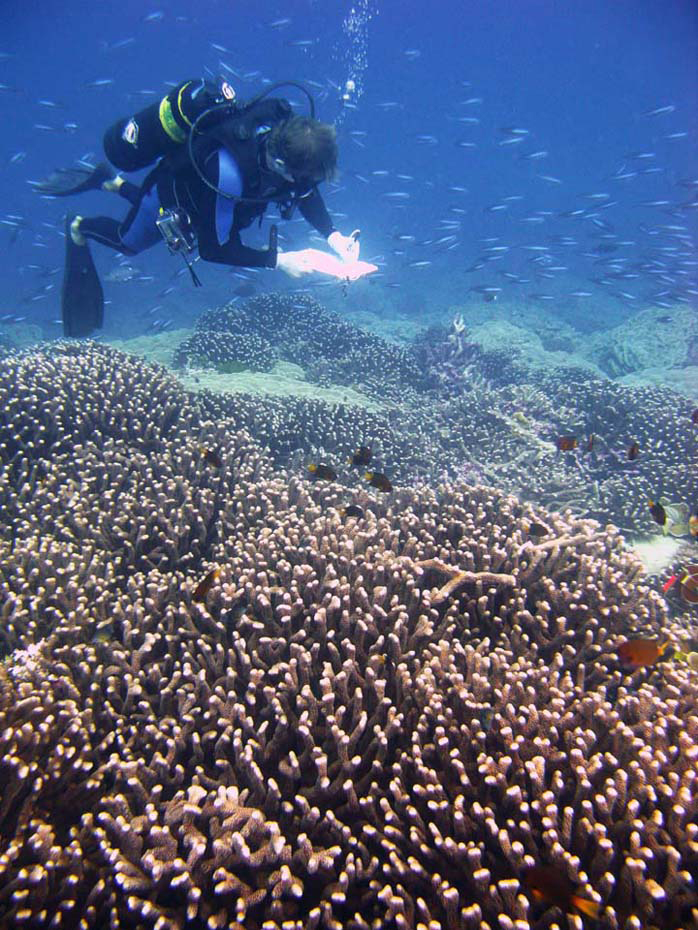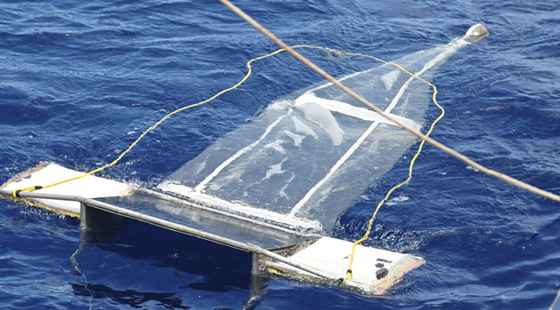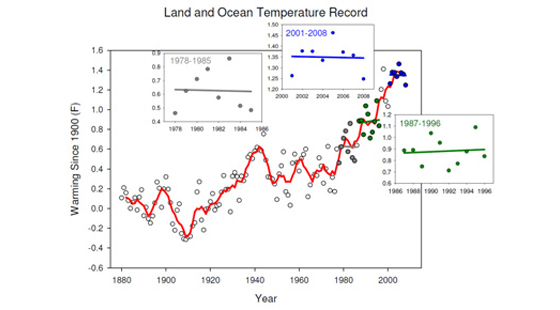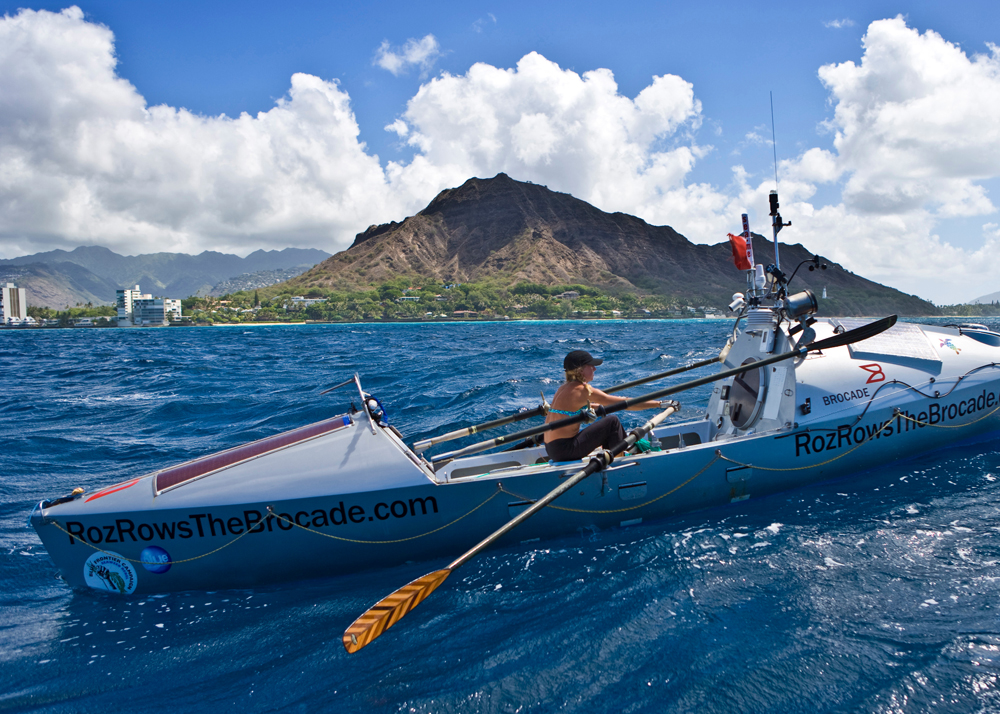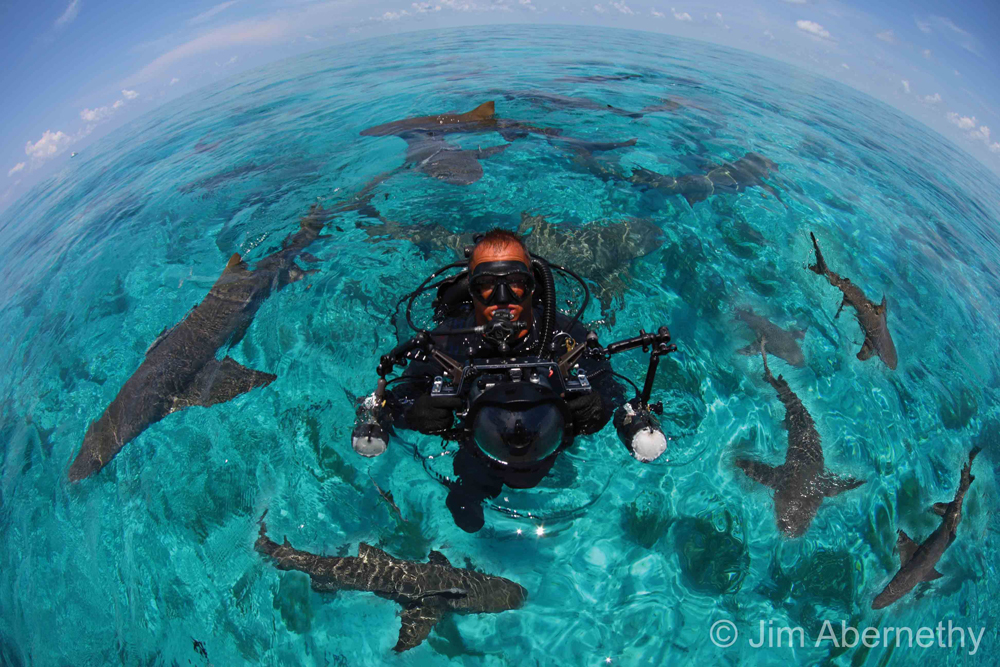High Seas Fisheries Management Gets Low Marks
Fishing on the high seas-areas beyond the 200-nautical-mile jurisdiction of coastal states-is increasing, largely driven by advanced vessel and gear technology, which facilitates fishing far from shore. High seas fisheries are overseen by various regional fisheries management organizations (RFMOs)-intergovernmental bodies made up of nations that have agreed to cooperatively manage fish stocks beyond their national … Read more
